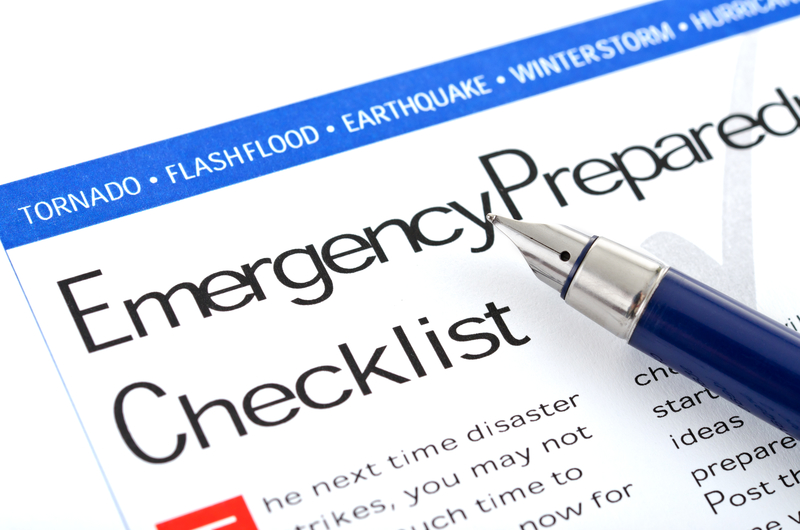These pieces of advice should help to get the ball rolling when it comes to survival stockpiling. The prepping conversation isn’t always easy, but it has to occur to maximize our chances of survival when SHTF.
1. Find examples of people and situations they can relate to. All of us know people who’ve suffered through something that’s drastically disruptive. Whether they be calamitous events from recent history (Hurricanes Katrina and Sandy, the 2008 economic crisis) or those from decades past (World War II) there always will be real-life devastations to discuss.
2. Use the government’s own advice. FEMA and DHS advice the public to be ready to be self-sufficient for at least 72 hours in the event of a natural or man-made disaster. This means one should be able to provide for one’s own shelter, first aid, food, water and sanitation for three days.
3. Books, TV and movies might help. World War Z. 2012. The Day After Tomorrow. If fiction won’t get your friends thinking, there are loads of non-fiction material they can peruse. Nat Geo documentaries like American Blackout and The Next Mega Tsunami point to the probability of a grid-down scenario and a devastating tsunami.
4. No date-setting. Don’t prognosticate that the world as we know it is sure to end next month, next quarter or next year.
5. Understand the diversity of people’s backgrounds and opinions – and be patient. A great majority of the populace are too busy, distracted or simply too stressed from the regular demands of daily life. So, the concept of societal collapse may not only be foreign to them, but also a bit too far-fetched.
6. Pitch it on grounds of pragmatism and concern, not fear and paranoia. Tell loved ones you want them to prep out of genuine concern for their welfare. It’s not very different from taking out a health, accident or life insurance policy.
7. Go easy with the gals. Most women don’t take to guns and ammo as quickly as men do. A better area to start on would be food security, such as gardening and food storage.
8. Wait. Once you’ve delivered your message, let it sink in.
9. Lead by example. When people see how serious you are in prepping, they just might see the value in it, too, on their own. Lastly, don’t give in to the temptation to say “I told you so.”
Do you have any other tips for talking to your family and loved ones when you’re new to prepping?
Article Source: Off The Grid News
